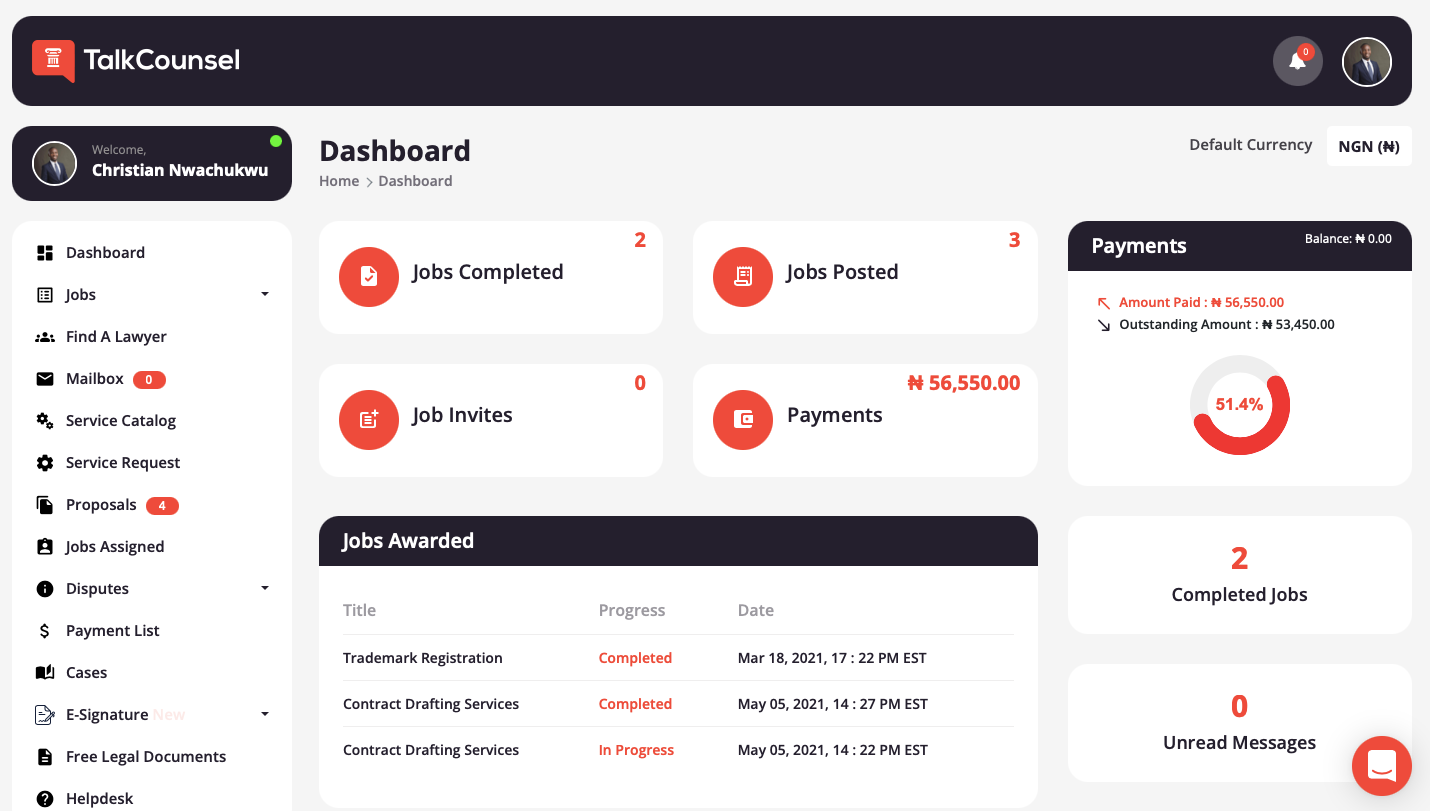As in other industries, there has been a recent trend of mass resignations in the legal sector. This can be a significant problem for companies, which may struggle to keep up with their work without the departed employees. However, there is hope! Legal departments can rescue themselves from the great resignation by utilizing flexible talent.
The legal profession is amid a great resignation
The legal profession is amid a great resignation. Many talented attorneys leave their firms due to low pay, long hours, or both. This can create a staffing crisis for legal departments, but there are ways to mitigate the effects.
One solution is to be more flexible with when and where work is done. Some firms are experimenting with allowing attorneys to work from home one or two days a week. This can make a big difference in work-life balance and help keep talented attorneys from leaving the profession altogether.
Another solution is to use more contract attorneys. This can be a cost-effective way to staff up when needed, and it gives firms the flexibility to bring on additional help when needed.
Legal departments can retain talented attorneys and avoid a staffing crisis by being more flexible with how work is done. Contract attorneys can also be a valuable part of the solution. By being proactive and implementing these solutions, firms can weather the great resignation and come out stronger on the other side.
Related: It’s Time to Reimagine Your Legal Career
Flexible talent is qualified, experienced, and available to work on a project-by-project basis
If your legal department is facing a staffing shortage or if you need additional help on a specific project, flexible talent can be a great resource. Flexible talent is qualified, experienced, and available to work project-by-project. You can get the help you need without adding additional staff to your permanent roster.
If you’re interested in exploring the option of flexible talent, the best place to start is by posting a job listing on TalkCounsel. Describe the skills and experience you’re looking for, and note that candidates should be available for short-term assignments. You may also want to consider using a staffing agency specializing in flexible talent.
Whatever route you choose, flexible talent can be a great way to get the help you need without making any long-term commitments. So, if your legal department is facing staffing challenges, don’t hesitate to explore this option.
Remote-working attorneys are as productive as their office-bound counterparts
This is a statement of fact that has been proven by research. A study by the American Bar Association found that remote attorneys are just as productive as their office-bound counterparts. The study also found that remote attorneys take less time off, are less likely to quit, and have lower rates of malpractice claims.
So, what does this all mean for legal departments? They should consider hiring remote attorneys to help with staffing shortages. Remote attorneys can be a great way to fill in the gaps when there are not enough office-bound attorneys available.
Additionally, remote attorneys can be a great way to save money. Hiring remote attorneys can be cheaper than hiring office-bound attorneys because you do not have to pay for their office space or other overhead costs.
Resources lawyers need for remote working
Attorneys considering a remote work arrangement need the proper tools to be as productive as in an office setting. While the technology required for remote working varies depending on the position, some basics include a high-quality webcam, a good headset, and reliable internet access.
In addition to technology, attorneys working remotely need a clear plan for communication with colleagues and supervisors. This may include regular check-ins, using Slack or Zoom tools, or even occasionally meeting in person. Attorneys should also be aware of their company’s remote working policies and procedures.
With the right tools and communication plan in place, remote working can be an excellent way for attorneys to maintain productivity and flexibility.
Why law firms should invest in flexible talent now
There are a few key reasons law firms should now invest in flexible talent. First, the legal profession is facing a significant retention challenge. Attorneys are leaving the profession in droves, often for jobs in the private sector that offer better pay and more flexible working arrangements. This trend will continue, so law firms need to find a way to keep their best attorneys from leaving.
Second, the legal profession is in the midst of a major transformation. The rise of technology and the globalization of the economy have created new opportunities and challenges for lawyers. Law firms need to find ways to adapt quickly and efficiently to stay competitive. Flexible talent can help them do just that.
Ultimately, the legal profession is facing an increasingly competitive market. More and more law firms are starting to offer flexible working arrangements, so those that don’t will be at a disadvantage when attracting and retaining the best talent.
There are many good reasons why law firms should invest in flexible talent now. It’s the key to staying competitive in today’s legal marketplace and keeping your best attorneys from leaving the profession. So, if you’re looking for ways to improve your firm’s performance, consider investing in flexible talent. It just might be the key to your success.
Some security concerns of remote working
When attorneys work remotely, they may be more vulnerable to cyberattacks. For example, a hacker could gain access to their computer and steal sensitive information or even plant malware that could damage the computer or the network. Attorneys need to take precautions to protect themselves, such as using strong passwords, encrypting their data, and installing antivirus software.
Another concern is that attorneys could be working in an environment that is not conducive to concentration. For example, working in a noisy coffee shop or a home with young children can be challenging to get work done. This can lead to mistakes being made or deadlines being missed.
Overall, remote working has its advantages and disadvantages. However, if attorneys take the necessary precautions, they can minimize the risks and maximize the benefits.
Keeping your remote workforce protected
The trend of working remotely is growing in popularity, as more and more people find that they can get their work done from anywhere with an internet connection. While this flexibility is a boon for many workers, it can also pose a security risk for companies. Here are some solutions to help mitigate the security concerns of remote working:
–Encrypt all company data: All data stored on company servers should be encrypted so that if it is hacked, the hackers will not be able to make sense of it.
–Implement a VPN: A VPN (a virtual private network) can help create a secure connection between an employee’s computer and the company’s network.
–Use two-factor authentication: Two-factor authentication adds an extra layer of security by requiring a second form of verification, such as a code sent to a mobile phone, in addition to a password.
By taking these steps, law firms can help to ensure that their data is safe and secure, even when employees are working remotely.











